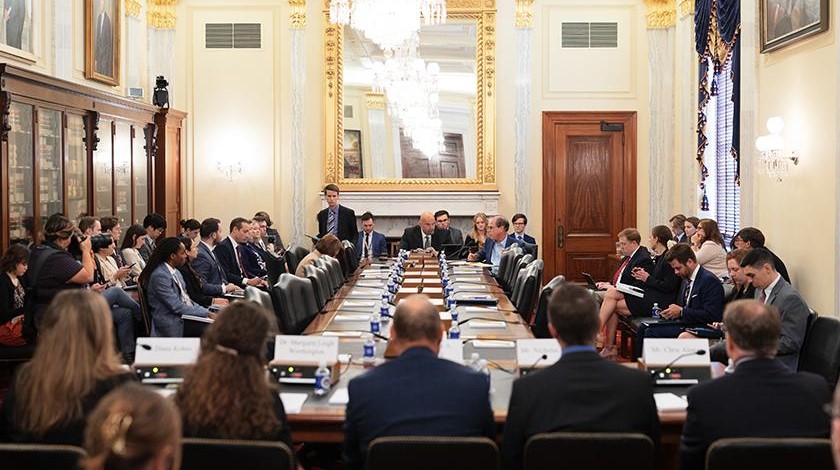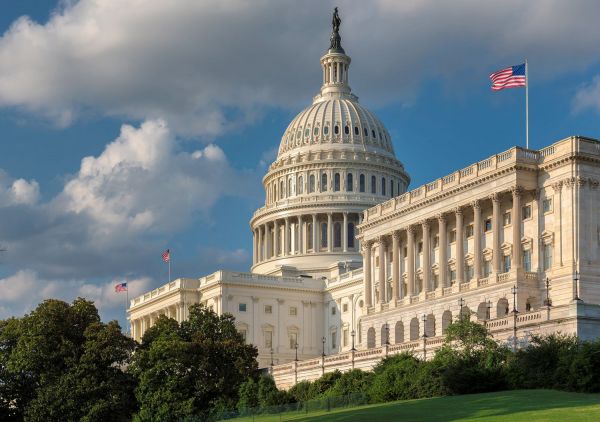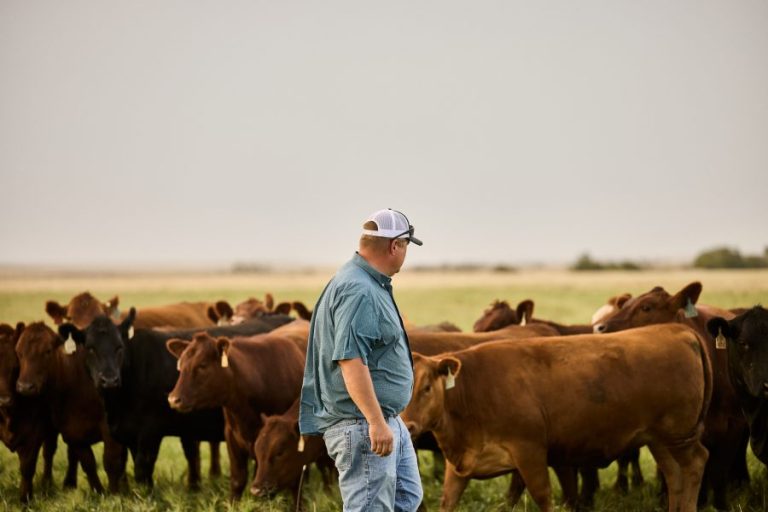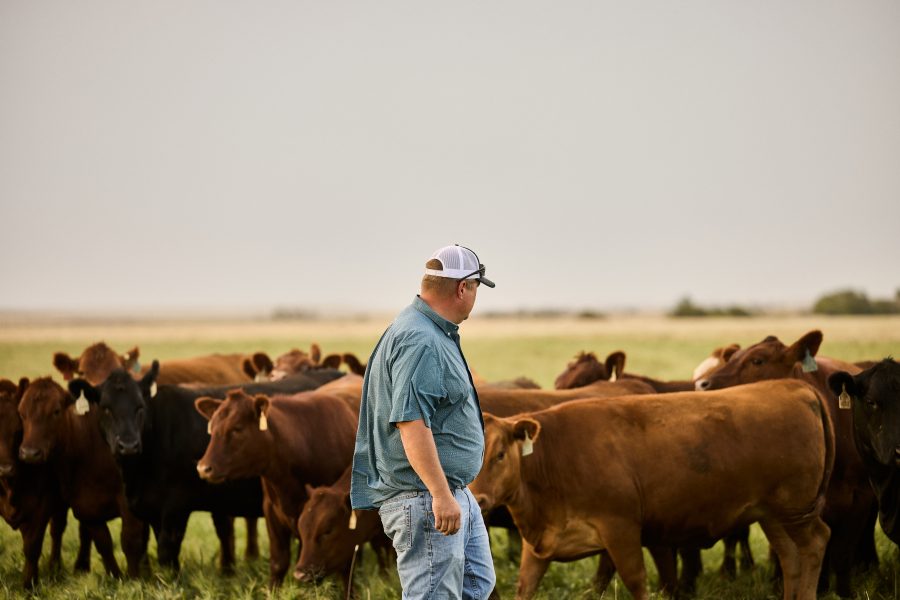WASHINGTON, D.C. – The U.S. Congress is currently grappling with the enactment of the country’s comprehensive agriculture law. The pressing deadlines are looming, but the bill is stuck in a quagmire of uncertainty due to a heated debate over the funding of nutrition programs, including the Supplemental Nutrition Assistance Program (SNAP).
U.S. Senator John Boozman, a Republican from Arkansas and the leading figure on the Senate Agriculture Committee, has stressed the urgent need for improved safety nets for farmers.
The future of American agriculture hangs in the balance. A proposed farm bill aims to bolster the industry through financial support for farmers.
⌊ Ranchers: More “Ranch” Needed In Overdue Farm Bill 〉
However, concerns arise about its potential impact. Senator Boozman argues for the bill’s necessity to prevent disruptions in the food supply chain. Conversely, Senator Gillibrand warns that the current draft might prioritize certain crops at the expense of others, potentially leading to an imbalanced food system.
Gillibrand has also highlighted potential threats to nutrition programs under the proposed GOP adjustments. This includes a proposed $30 billion reduction to SNAP benefits, which she warns could dramatically increase hunger among low-income Americans.
SNAP spending doubled from $63 billion in 2019 to $127 billion in 2023. The Congressional Budget Office (CBO) projects that spending will dip as pandemic benefits expire but will remain far above the 2019 level.
Boozman argues that there is a fiscal limit to how much can be allocated to SNAP.
But the Food Research & Action Center in Washington, D.C., countered the Republican proposal claims that the annual inflation adjustment will be enough, which ignores the fact that prices at the grocery store have outpaced inflation, and that the inflation adjustment does not take current prices, food and beverage options on the market, and nutritional guidance into consideration. This proposal also seeks to privatize SNAP administration and require error-prone states — states experiencing frequent errors due to administrative burdens, understaffing, high case volumes, human error, and resource constraints — to cover SNAP benefit costs.
Facing an expiring extension for the 2018 Farm Bill in September, Congress might consider a short-term extension to allow for continued negotiations on a more permanent 2024 Farm Bill.












